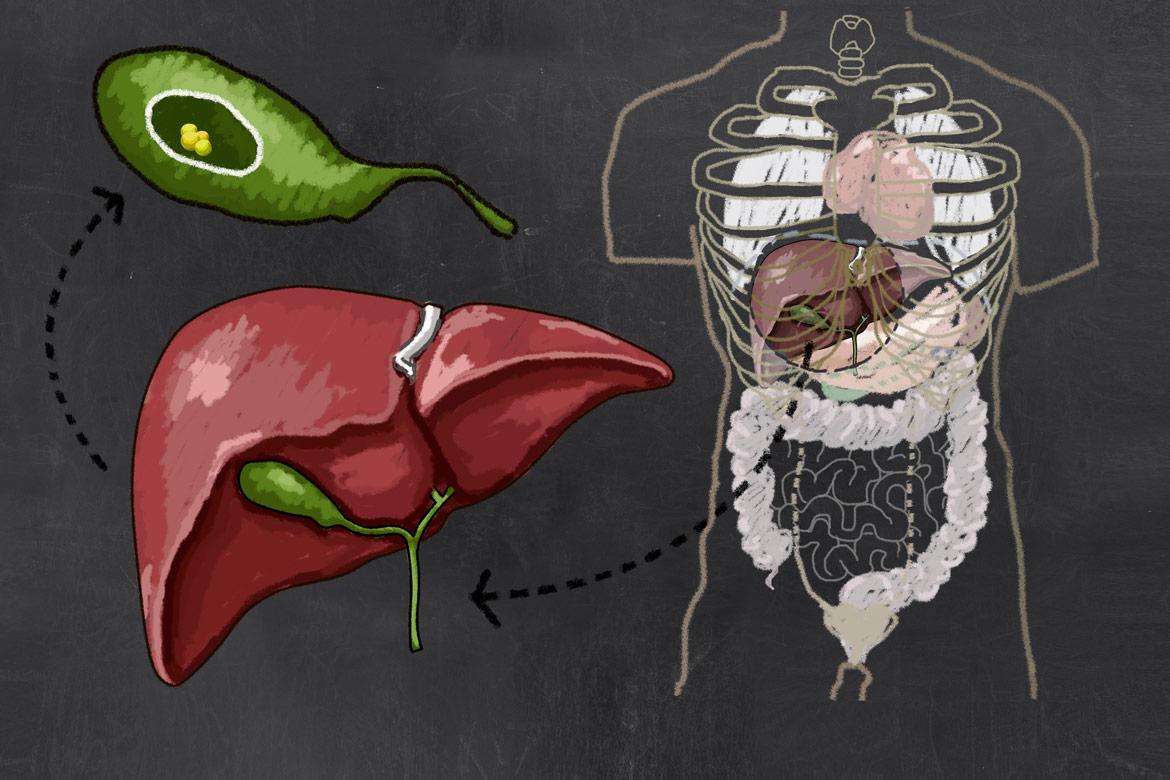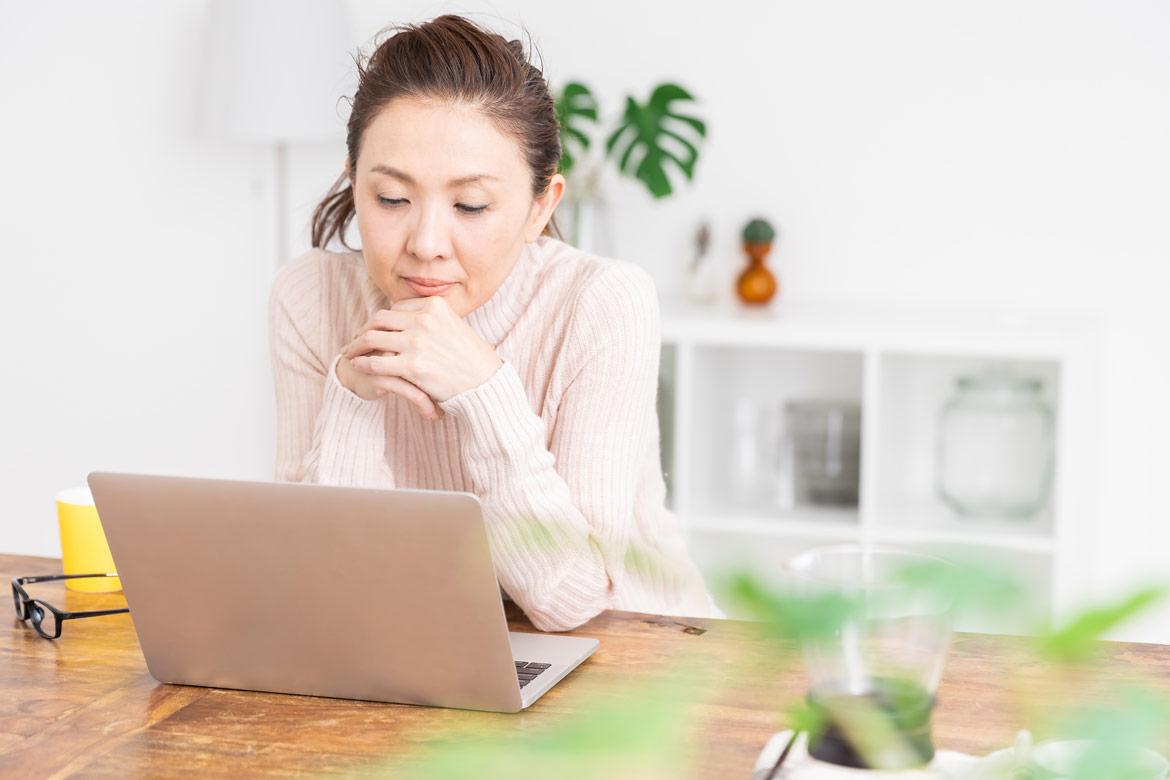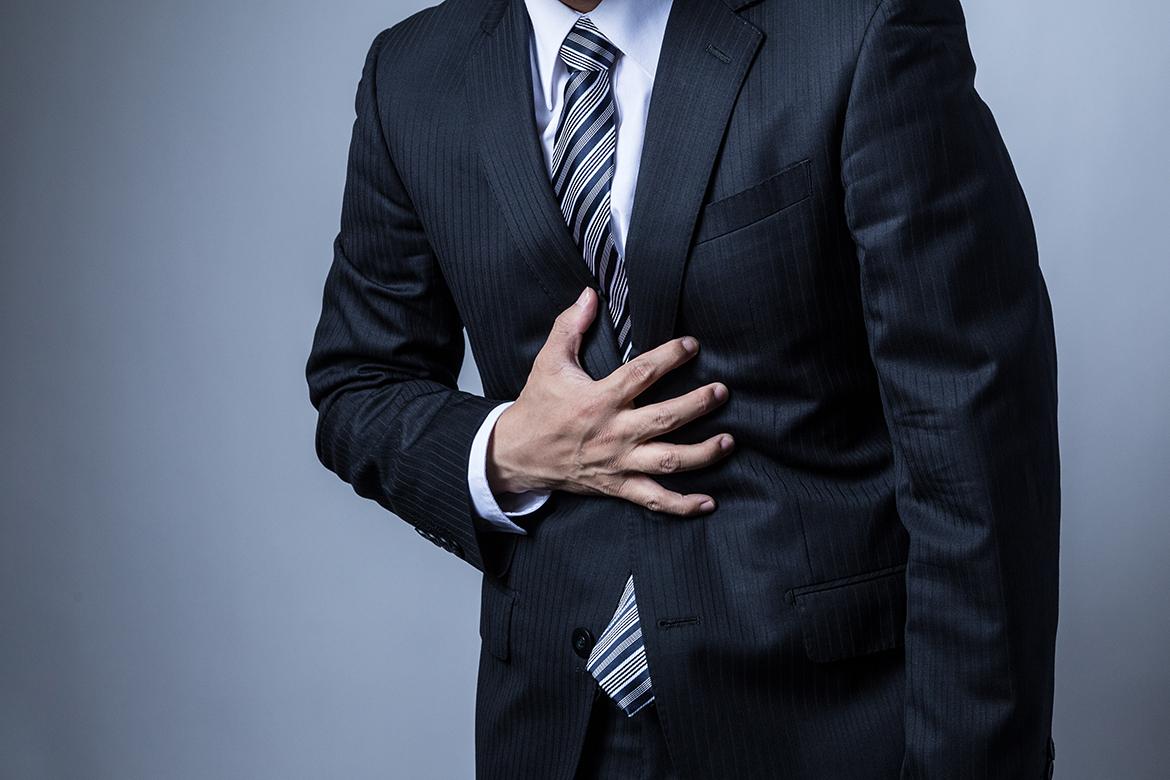
Gallstones
Frequently asked questions
A: There is no reliable evidence that natural remedies are effective in preventing or treating gallstones. Some remedies that are said to remove gallstones naturally without surgery include:
- Gall bladder cleansing. This involves consuming a combination of olive oil, herbs and some type of fruit juice for two or more days. This is not safe as flushing out gallstones can cause blockage of the bile ducts and inflammation of the pancreas. Both events can be potentially life threatening.
- Apple juice. Some people believe that apple juice softens gallstones and allows them to be easily eliminated from the body. However, no scientific studies support this claim.
- Herbs. Some herbs that are said to dissolve or cure gallstones are psyllium husk, milk thistle, artichoke, lysimachiae herba and dandelion.
- Yoga. Some yoga positions are believed to be useful in helping you pass gallstones naturally.
- Acupuncture. Although there is limited research, acupuncture may aid with gallstone symptoms. It works by lowering spasms, facilitating bile flow, and regulating gall bladder volume.
It is best to consult your doctor for a treatment plan instead of trying to manage gallstones on your own.
A: When you have gallstones, it is best to avoid consuming foods that are high in saturated fat, because cholesterol plays a major role in the formation of gallstones. To reduce the risk of gallstones, avoid the following:
- High-fat foods (e.g. fried chicken, French fries, potato chips)
- Highly processed foods (e.g. doughnuts, pie, cookies)
- Whole-milk dairy products (e.g. cheese, ice cream, butter)
Do also limit your consumption of coffee and alcohol, so as to avoid triggering a gall bladder attack.
A: Gallstones are usually formed in the gall bladder and remain there. However, some small gallstones may sometimes dissolve or leave the gall bladder on their own and are eliminated from the body in the stools.
A: In general, the size of gallstones do not matter, and surgery is not needed if there are no symptoms.
A: Passing gallstones can hurt when a gallstone gets stuck in the bile ducts and is unable to move into the small intestine. Pain occurs because the gallstone blows the outflow of bile, causing the gall bladder to spasm. You may feel sharp pain under the rib cage, in the upper right portion or centre of your abdomen.
In addition, passing of gallstones can block the pancreas duct and cause inflammation of the pancreas. This can be mild, or severe and even life threatening.
A: Gallstones often cause changes in bowel movements, such as diarrhoea or constipation. There is a rare but serious complication known as gallstone ileus, where gallstones get stuck while passing through abnormal channels (fistulae) near the gall bladder. This results in bowel obstruction and intermittent episodes of abdominal pain, nausea, and vomiting.
Gallstone ileus is a serious condition that needs immediate medical attention because if left untreated, it can lead to intestinal damage and even death.
A: Ursodiol and chenodiol are medications used to dissolve gallstones in patients who are unable to undergo surgery due to other medical problems. However, these medications are only effective in people who have small or floating gallstones that are made of cholesterol.
A: Small gallstones may be missed by an abdominal ultrasound, but an endoscopic ultrasound (EUS) procedure can help detect them accurately.
A: A gall bladder flush is a folk remedy for removing gallstones. There is no reliable evidence that gall bladder cleansing will help treat or cure gallstones.
A: It is not possible to prevent gallstones entirely, but you can try to lower your risk by:
- Eating small, frequent meals that are easier to digest
- Consuming more fibre-rich foods
- Avoiding fried and high-fat foods
- Drinking 6 – 8 glasses of water per day
- Maintaining a healthy weight
- Keeping your cholesterol levels within a normal range
- Managing your blood sugar levels, if you have diabetes
A: Sometimes, stones may be left behind after a cholecystectomy (removal of the gall bladder). These stones are called recurrent bile duct stones as they develop within the bile duct. This is the most common complication of gall bladder removal and usually happens within 3 years after the surgery.
A: Gall bladder diseases, such as gallstones, do seem to run in families. At least 30% of symptomatic gallstone disease is caused by genetic factors.
A: There are no tests to detect gallstones at home. Speak to a doctor if you experience any potential symptoms of gallstones. They will be able to advise you on the right diagnostic tests to confirm if you have gallstones.
A: Gallstones can appear as round, white objects with shadow on an ultrasound scan. Your doctor or radiologist will be able to identify the gallstones and share with you the results of the scan.
This page has been reviewed by our medical content reviewers.
Need help?
For enquiries, please call
+65 6250 0000 (Orchard) or +65 6898 6898 (Novena)
For appointment bookings, please WhatsApp
+65 8111 7777 (Orchard) or +65 8111 5777 (Novena)
 Brain & Spine Care
Brain & Spine Care




